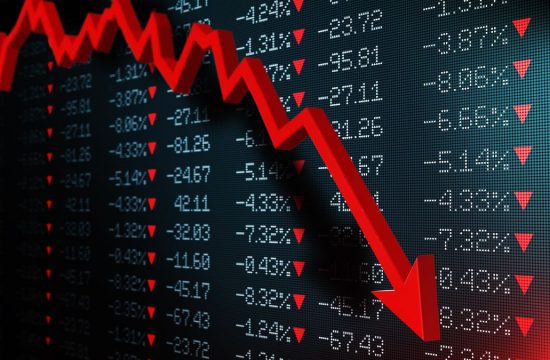Shayne Elliott, the Chief Executive Officer at Australia and New Zealand Banking Group (ANZ) has spoken about the importance of platforms and ecosystems in the future of banking.
Technology and partnerships have become key to accelerate growth in the financial services industry. Mr. Elliot recognizes precisely that. I’ve been talking increasingly about how we are accelerating our strategy and where the real opportunities are for us.”
“Our platform customers are foreign, regional, and smaller financial institutions. We have a global network and our largest customer base, globally, is other financial institutions. We count the world’s largest and best banks amongst our customers
“We are also well advanced in building out ecosystems – and by that I mean partnerships with other organizations which amplify and deepen the products and services we can provide our customers, allowing us to meet more of their needs and grow the value of our relationship”, he continued.
“And I would also point to our digital banking which, while not so much a differentiator per se, is well advanced. This was critical during COVID-19 and our ANZ App, for example, has shown extraordinary growth and is ranked a leader in the market”.
“This is a very profitable, reasonably fast growing business”
The bank has experienced significant growth in total transaction volumes in 2020. ANZ App logins exceeded one billion across the financial year, 87 million a month. For the whole of the previous financial year, ANZ had just over 881 million logins.
“The platform business is fundamental to the operation of the financial system, it’s the plumbing. It’s payments, for example, and the New Payments Platform (NPP). It’s clearing – so if your aunt in Budapest sends you $100 dollars for your birthday or a payment comes through for trade, that has to come into the Australian banking system. ANZ, because of our global network, is the market leader in Australia, we have nearly 60 percent market share”, he continued.
“This is a very profitable, reasonably fast growing business. Despite the COVID-19 pandemic, money flow around the world is still increasing, money is being sent offshore or brought in for trade, ecommerce, international shopping. This business is profitable for a number of reasons.
“Your counterpart, for ANZ, is not so much your aunt in Budapest but somebody like JP Morgan or HSBC or Wells Fargo or Bank of China. Those banks use our platforms to process the payment. For us there is no credit risk, these are all highly rated international banks. And this business is fee driven. We do earn a little on the float, a margin on the deposit while the money is sitting with us. But there is almost no capital associated with it. So it’s extremely high return on equity”, Mr. Elliott explained.
The credit risk may be low but the operational risk is high, so it is absolutely essential firms get compliance and anti-money laundering (AML) policies right.
“Indeed last year we saw one major player exit this business as a result of some AML issues which meant their customers had 60 days to find another provider. Of those, there were 17 major mandates and we won 16 of them. That took our market share from the low 40s to 58 percent”.
“Because we have already built and invested in this platform, it’s operationally highly leveraged. That means the cost of ANZ doing extra payments or adding extra banks is very low”, he said.
The big banks, including ANZ, built the NPP with the Reserve Bank of Australia (RBA), which enables real-time payments. The ANZ then rents the infrastructure to smaller, foreign, and regional banks who want to offer the NPP to their customers.
“We sell the service and process the transactions for their customers. It is, if you like, what’s called Banking-as-a-Service (BaaS). There are 12 regional and foreign banks in the country that wanted to offer the NPP to their customers and 11 of them chose ANZ to do it for them”.
ANZ wants to keep infrastructure current and contemporary and invest for the next round of evolution, whether it’s blockchain or decentralized finance (DeFi) or other developments in finance.











